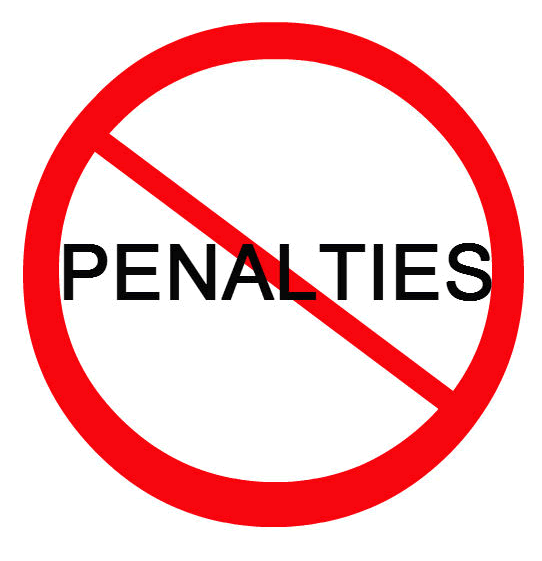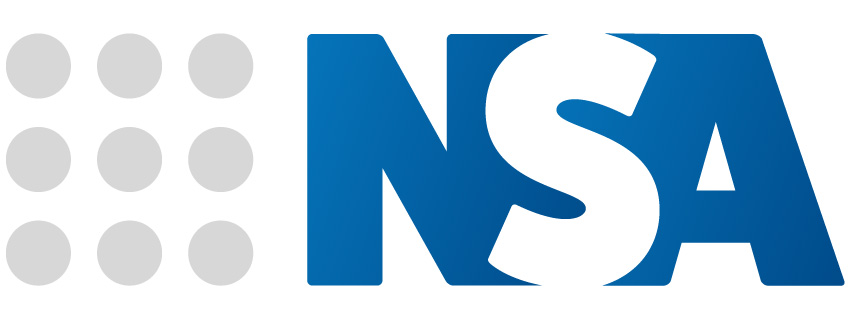
Preparers are more and more exposed to penalties as the weight of taxpayer compliance continues to focus on the practitioner.
Even the most well-intentioned practitioner can make a mistake. Yet regulations are more stringent, and in our national budget crisis preparer penalties fund many areas of government as a new revenue source.
Practitioners inadvertently incurring IRS penalties can harm businesses and reputations. Preparers must be especially careful these days to not expose themselves to penalties and not let an IRS penalty impact bottom lines or harm reputations.
The National Society of Accountants responds to this trend with educational tools, including a webinar next week to help preparers learn to protect themselves.
IRS penalties are stiff: $50 per IRS infraction for failure to provide a taxpayer with a copy of their return or to sign the return, or for failure to retain a copy of a return or a list of returns prepared; $250 per IRS infraction for any unauthorized disclosure or use of taxpayer information; and a whopping $500 per IRS infraction for failure to be diligent in determining taxpayer eligibility for the Earned Income Tax Credit.
With tax preparers shouldering more of the burden of responsibility for their work, membership in NSA is essential. The association for “Main Street” tax and accounting professionals, NSA offers protection for practitioners by providing indispensable information and resources to help practitioners avoid costly penalties.
NSA stresses that practitioners must be consistent and persistent in doing due-diligence on both new and existing clients. Practitioners must document, document, and document more, as well as evaluate all information received from clients.
NSA’s due-diligence checklist for “the real world” also recommends practitioners:
• Communicate clearly.
• Establish facts and relevancy.
• Advise clients of conclusion.
• Acting fairly and with integrity.
Have these processes in place:
• Identify and contact the clients that need year-end tax planning.
• Train your client to communicate any changes throughout the year.
• Scan all client documents.
• Review your post-tax season process.
• Write out procedures and client instructions for your processes.
• Know your software capabilities and limitations.
• Familiarize clients on your processes and procedures.
• Let go of problem clients.
• Annually review the use of a client tax questionnaire.
• Identify the changes that have occurred.
• Identify missing information.
• Conduct an exit interview for the current year.
NSA will hold the webinar “Preparer Penalties – Are you at Risk? Protecting your Practice….and your Clients!” on Sept. 17 at 2 p.m. Eastern, 1 p.m. Central, noon Mountain and 11 a.m. Pacific Time. This session, a must-attend for every paid preparer who wants to build and protect their practice, presents an overview of preparer penalties, as well as tools and tips for preparers to stay compliant.
The webinar qualifies for one hours of Regulatory Ethics for National Association of State Boards of Accountancy continuing professional education (CPE, CE) and one hour of IRS ethics CE.
For more information, watch the on-demand NSA ConnectED webinar: Preparer Penalties – Are you at Risk? Protecting your Practice….and your Clients!
Register now
